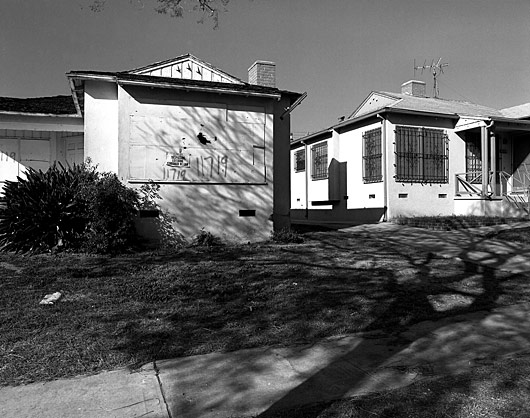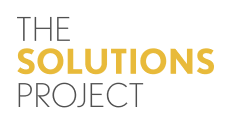 As temperatures increase and natural disasters like fires and mudslides occur more and more frequently, low-income communities, communities of color and those who live in pollution burdened areas are hit hardest. Prop 70, a misleading initiative on the June ballot that is backed by just a handful of Republicans, would make it harder for our state’s climate investments to reach the communities that are already hurting from climate change.
As temperatures increase and natural disasters like fires and mudslides occur more and more frequently, low-income communities, communities of color and those who live in pollution burdened areas are hit hardest. Prop 70, a misleading initiative on the June ballot that is backed by just a handful of Republicans, would make it harder for our state’s climate investments to reach the communities that are already hurting from climate change.
Currently, our state invests billions of dollars, obtained from a polluter pays system known as cap and trade, to mitigate the impacts of climate change, with at least 25% of these funds benefiting frontline communities. Although cap and trade is not a perfect program, the impact of its revenue in California communities is undeniable. In Los Angeles, which has received about $1 billion in funding to date, California’s climate investments have built and renovated affordable housing like Rolland Curtis in South LA, have subsidized DASH fares, have weatherized homes, have increased tree canopy in polluted, park-poor corridors, will improve transportation options at the Willowbrook/Rosa Parks Metro station, and will help reduce vehicle emissions in the Port of LA and Wilmington through zero emissions trucks.
These investments are particularly important in Los Angeles, where half the city’s population lives in a state-designated “environmentally disadvantaged community”- an area where residents are disproportionately burdened by multiple sources of pollution. This comes as no surprise to anyone who has lived in Los Angeles, where we have communities enclosed by freight filled freeways in South LA, generations of families still bear the impact of Exide in East LA, and Superfund sites left behind by the weapons manufacturing industry, remain unremediated up in the Valley.
One doesn’t have to look too far in these communities to find someone who understands the need for these investments. They might not say “greenhouse gas” but they’ll tell you about asthma flare-ups on smog ridden summer days, unexpectedly high electricity bills, and stories of heat exhaustion on a long, unshaded walk to work. Targeted, context-sensitive climate investments like the ones mentioned above are already improving the health and economic well-being of our communities, and collectively in LA county, the state’s investments are projected to reduce nearly two million metric tons of carbon dioxide — the equivalent of taking over 400,000 cars off the road for a year.
Prop 70, will threaten this progress and make it harder for investments to reach our communities. By requiring a supermajority to approve how climate investments will be spent in 2024, Prop 70, will inevitably create legislative gridlock. This stalls investment for successful programs from reaching our communities, while climate change only intensifies.
Additionally, the super majority process put forth by Prop 70 can make our climate programs less democratic by allowing a handful of legislators and corporate interests to wield great power to get to the two-thirds majority. In fact, the only reason Prop 70 is on the ballot this June is because of a concession made by Governor Brown to Republican legislators who helped deliver votes needed for a two-thirds threshold for cap and trade extension last summer. In a post-Prop 70 world, the concessions could be much larger, allowing the fate of Angelenos to be decided by the very companies that sicken our communities.
Today our states hold an even greater responsibility to defend and protect our communities, particularly the most vulnerable, from climate change. As regulations get stripped away at the federal level, California must lead the nation towards climate justice for all people, and Prop 70, which plays politics with the lives of those living on the frontlines of climate change, takes us back. Angelenos, let’s unite to vote no on Prop 70 to keep our communities moving towards a climate resilient future.
Gloria Walton is President and CEO of Strategic Concepts in Organizing and Policy Education (SCOPE), a community-based organization that advocates for economic and environmental equity for low income, communities of color in South LA.












